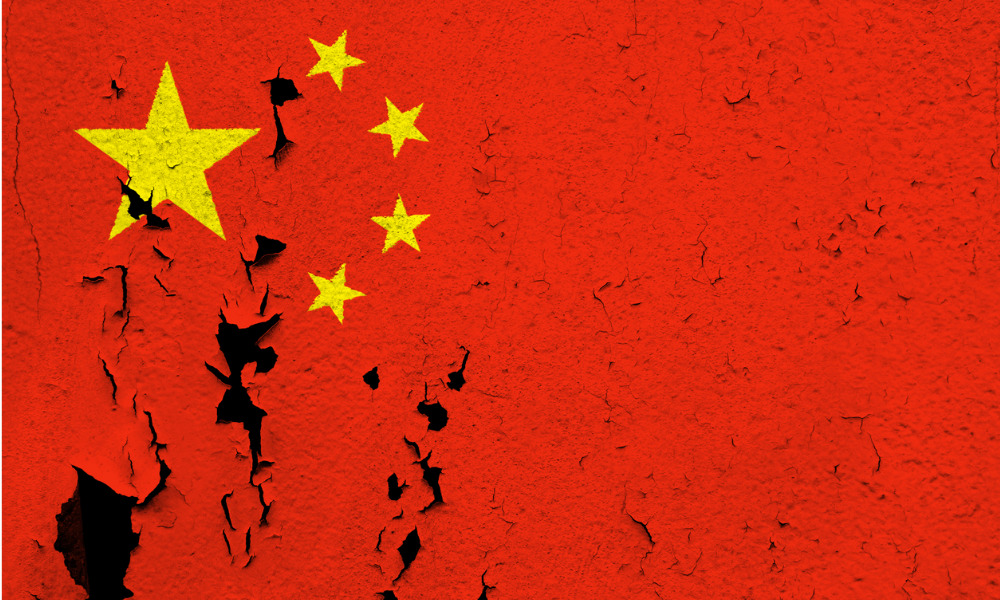China is becoming a potential quagmire for global investors as a growing list of hazards emerges

What could happen if a country is willing to go to extreme measures to achieve its leader's objectives?
According to Bloomberg News, investors are wary of President Xi Jinping's connection with Russian President Vladimir Putin, while a strongman narrative is gaining traction as the Communist Party pursues a Covid-zero policy and unpredictable campaigns to control entire industries.
This has led to some international investors becoming increasingly wary about making a large bet on China.
After Russia's invasion of Ukraine, outflows from the country's stocks, bonds, and mutual funds intensified, while Norway's $1.3-trillion sovereign wealth fund shunned a Chinese sportswear company on human-rights concerns.
In the first quarter, US-dollar private equity funds investing in China raised just $1.4 billion, the lowest amount since the same period in 2018.
According to Simon Edelsten from the United Kingdom, the volume and speed with which sanctions were imposed on Russia spurred a rethinking of Western attitudes toward China.
Following Beijing's interventions in high-profile listings like Didi Global Inc. and Ant Group Co., his team at $37-billion money manager Artemis Investment Management LLP divested all of its China investments last year, claiming that such efforts posed a threat to shareholder rights.
“Politics and governance factors should now set a cautious tone, especially for long-term commitments” to China, Edelsten said, adding that European measures taken against Russia show that strong trade ties are no guarantee of diplomatic security.
“The Ukraine invasion raises these risks very sharply and our funds are likely to remain very lowly weighted in China for some years to come,” he added.
Beijing's regulatory steps "felt like an attack on the most respected and widely foreign-held enterprises," he added, while Russia's sanctions fueled concerns that China would face the same fate.
For the first time since 2010, Chinese benchmark sovereign 10-year notes provided no carry over when compared to equivalent U.S. securities.
Last quarter’s returns in China's high-yield dollar loan market were at their lowest in at least a decade. Global funds have begun to withdraw, with more than $7 billion worth of mainland-listed stocks sold via Hong Kong exchange linkages in March.
In the last two months, they also sold $14 billion in Chinese government debt and reduced their credit holdings. In the most recent survey of investors conducted by Bank of America Corp., betting against China was ranked as the sixth most popular trade.
Chinese authorities appear to be attempting to raise donations from around the world. Investors lost trillions of dollars in 2021 owing to Beijing's crackdown on tech and tutoring businesses, so regulators promised last month to make regulations more transparent and predictable.
China is also making concessions that might provide American authorities partial access to audits of Chinese companies listed on the New York Stock Exchange.
Adding exposure to China may no longer be a no-brainer for global investors as risks rise and rewards fall.
“It’s one of the best diversification stories for global funds because of its idiosyncratic nature,” said Lin Jing Leong, senior emerging market Asia sovereign analyst at Columbia Threadneedle Investments, which manages about $754 billion. “Who owns the market, the cycle of China’s growth and inflationary pressures, the low volatility in its currency basket” all help to provide better risk-adjusted returns.”
“The world’s attitude towards China and its willingness to embrace further economic integration may well be affected by China’s reaction to our call for resolute action on Russia,” Leong added.



